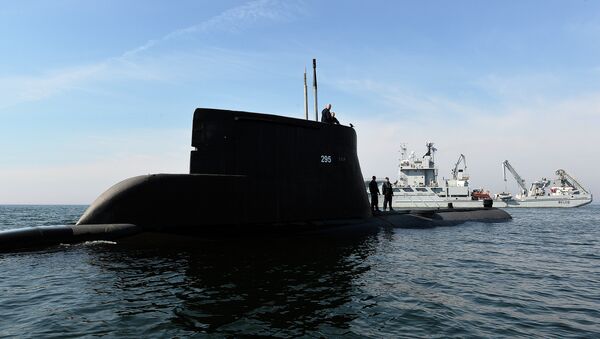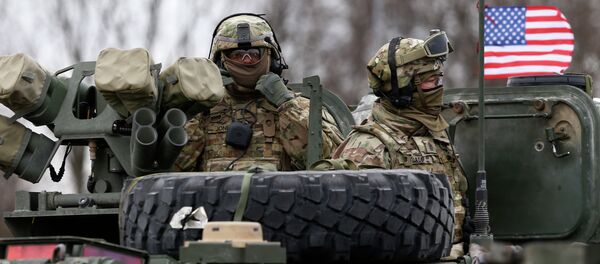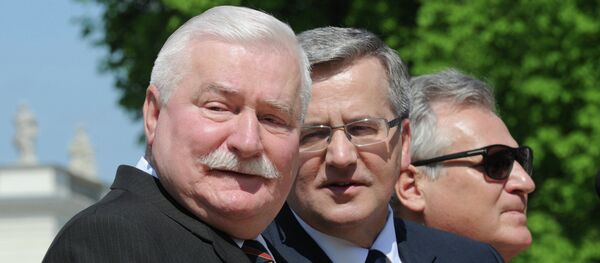Poland has launched an ambitious 10-year defense project aimed at upgrading its military forces; meanwhile, other Eastern European countries are beefing up their military capability, increasing their defense expenditures by 8.4 percent in 2014, citing security issues.
According to Deputy Defense Minister Czeslaw Mroczek, in April Poland will chose a supplier of an anti-missile defense system which will reportedly cost up to $10 billion. In total, Warsaw is planning to spend about $42 billion on its military upgrade over the next ten years. Poland's military modernization program includes a missile defense shield, anti-aircraft systems, submarines, combat drones, armored personnel carriers.
On the one hand, the increase in military spending is a reaction to the crisis in Ukraine, on the other — a large scale anti-Russian propaganda campaign launched by the West, which blames Moscow for the "aggression" in Ukraine has also facilitated the military spending spree in the Eastern European country.
Poland has become one of the most vocal critics of the Kremlin, depicting Russia as an aggressor and a threat to Eastern Europe. Poland's ex-President Lech Walesa even went so far as to urge the Western powers to "scare" Russia with nuclear weapons.
Another NATO member state that spent 2 percent of its GDP on military purposes last year was Estonia, the former Soviet Republic. Tallinn is also planning to boost its defense capabilities, increasing military expenditures by 7.3 percent from 2014 to 2015. Its neighbors – Latvia and Lithuania – former republics of the USSR, have raised their military spending in 2015 by 14.9 and 50 percent respectively.
"This is much higher than the original budget estimates and is in response to the conflict in the east of country, which is probably still not fully accounted for in the latest figures," the SIPRI report read.
Although the Minsk agreement brokered by Russia, France and Germany in February 2015 was meant to deescalate the conflict in eastern Ukraine, it seems Kiev is using the truce for a serious military buildup.






